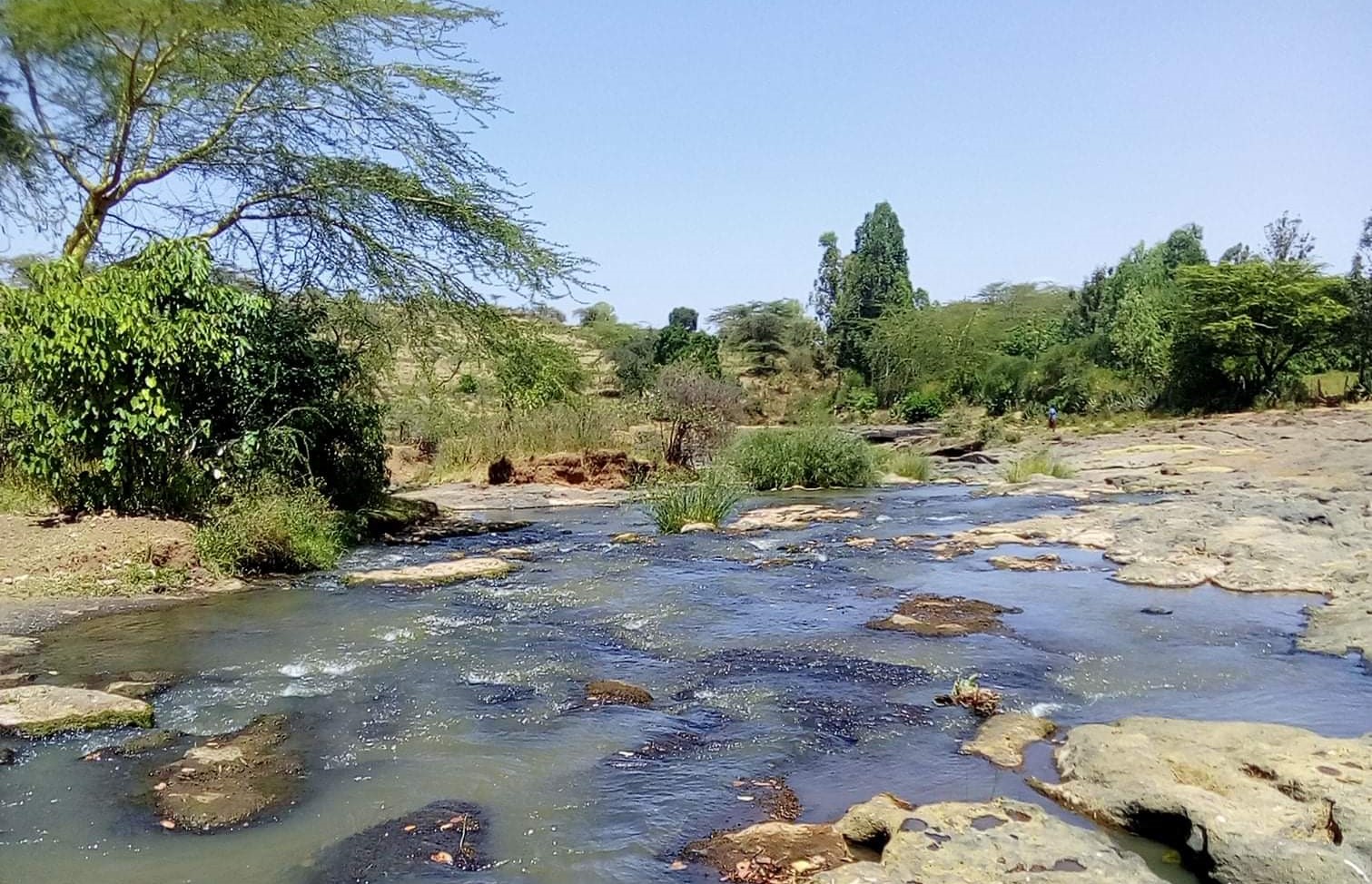Molo River is the main source of water for many households in Rongai and Molo Sub-Counties. Any changes to its water quality have a significant impact on communities that rely on it and their livestock. But, despite the importance this river has in the local community, its water quality has been deteriorating.
In the months leading to the end of 2022, the river water started to change color. Within a few days, maggots were visible in the river, raising concerns about the safety of the water.
“We were curious to know the cause of pollution in the river. After some investigation, we noticed that the Daima milk factory in Molo was discharging waste to the river,” notes Stanley Chepkwony, a resident of Baraka in Mosop ward, Rongai Sub County.
But, even with clarity of the problem, residents of Baraka didn’t know what steps to take to address the issue nor which government office to report the matter too. The situation changed when a CTL civic educator targeted the group with civic education.
In July 2021, CTL trained 12 civic educators from various regions in Nakuru County on Economic, Social, and Cultural (ECOSOC) rights and the importance of public participation as part of the URAIA`s programme of Strengthening Public Accountability and Responsiveness in Kenya (SPARKe), which is funded by Denmark Development Corporation (DANIDA).
During the civic education session, members of the Baraka community learned about the right to clean and adequate water and identified water pollution in the Molo river as an issue they would like to address. With the help of the civic educator, they identified the civic participation tool to use and mapped out the target duty bearer.
“The group was very passionate about addressing the water quality problem. After mapping the duty bearers, the Public Health Officer in Rongai Sub-County Hospital appeared to be the most strategic choice because the pollution appeared to fall into his docket. The group decided to write a letter to him raising the pollution complaint,” CTL Civic Educator Ann Nyige said.
On 31st October 2022, the group wrote a letter to the Public Health Officers in Rongai and Molo Sub-county Hospital seeking quick intervention in the matter. Upon receiving the complaint letter, the PHO from Molo Sub-county visited the factory to raise the community’s concerns with the management and demanded that it treat liquid waste.
“I was made aware of the water pollution issue in Molo river through a letter sent by Baraka Community. Since the factory is located in Molo Sub-County, we made arrangements to visit it with Molo Sub-County Public Health Officers. We assessed the situation in the factory and made appropriate water treatment recommendations,” notes Mr. Panyako, Molo Sub County PHO
The factory acted on these demands and improved its treatment of wastewater. Subsequently, the PHOs facilitated a water quality test after the company started treating wastewater and verified that the quality of the water had improved.
The civic education sessions in Nakuru County are part of the activities conducted by the Center for Transformational Leadership (CTL) under the Encouraging Citizen-driven Accountability through Sustained Engagement (ENCASE) project.
